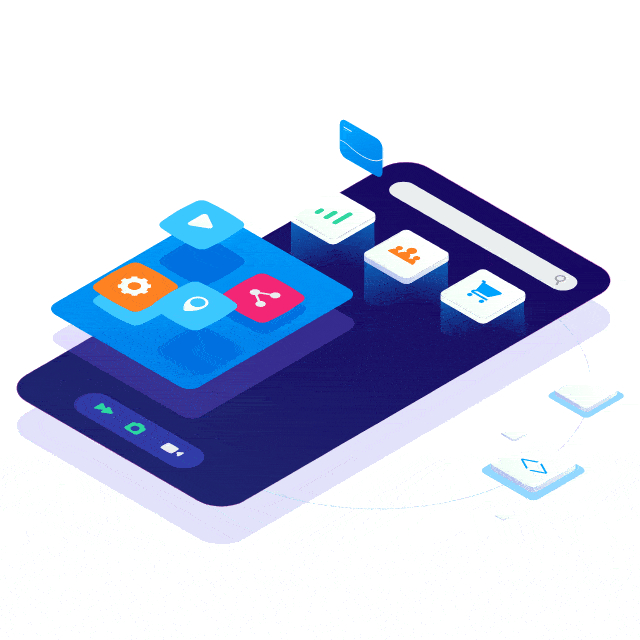-
Material Design: Android follows Google's Material Design guidelines, which emphasize clean, intuitive interfaces, smooth animations, and consistent design elements across apps. Material Design helps create visually appealing and user-friendly apps.
-
Fragmentation Management: Android apps development In Ennore includes techniques to manage device fragmentation, ensuring apps perform well across various screen sizes, resolutions, and hardware configurations. This involves responsive layouts, scalable graphics, and device-specific optimizations.
-
Platform Integration: Android apps can leverage platform-specific features such as push notifications, background services, multitasking, NFC (Near Field Communication), sensors, camera, and location services. Integration with device features enhances app functionality and user engagement.
-
Security: Android apps development In Ennore includes implementing robust security measures to protect user data, prevent unauthorized access, and secure communication channels. This involves data encryption, secure authentication, permissions management, and adherence to best security practices.
-
Offline Support: Android apps can be designed to function seamlessly in offline mode by caching data locally, implementing synchronization mechanisms, and optimizing resource usage. Offline support enhances user experience, especially in areas with limited connectivity.
-
Performance Optimization: Android apps development In Ennore involves performance optimization techniques to ensure apps are responsive, fast, and resource-efficient. This includes code optimization, memory management, network optimization, and reducing battery consumption.
-
Testing and Debugging Tools: Android provides a robust set of testing and debugging tools, including Android Studio's built-in emulator, debugging tools, performance profilers, and automated testing frameworks. These tools help developers identify and fix issues throughout the development lifecycle.
-
Market Reach: Android has the largest market share globally, offering developers access to a vast user base. Publishing apps on the Google Play Store allows for significant exposure and potential for downloads.
-
Open Source Platform: Android is an open-source platform, providing developers with the flexibility to customize and modify the operating system to suit their needs. This open nature encourages innovation and experimentation in app development.
-
Wide Range of Devices: Android runs on a diverse range of devices, including smartphones, tablets, smart TVs, wearables, and IoT devices. Developers can create apps that cater to different screen sizes, resolutions, and hardware specifications.
-
Multiple Distribution Channels: In addition to the official Google Play Store, Android apps can be distributed through alternative app stores, third-party platforms, or directly via APK files. This flexibility allows developers to reach users through various channels.
-
Integration with Google Services: Android apps seamlessly integrate with various Google services such as Gmail, Google Maps, Google Drive, and Google Play Services. This integration enhances app functionality and user experience by leveraging powerful APIs and services.
-
Cost-Effectiveness: Developing apps for Android can be cost-effective due to the availability of free development tools, resources, and libraries. Moreover, the one-time registration fee for publishing apps on the Play Store is relatively affordable compared to other platforms.
-
Monetization Opportunities: Android apps offer multiple monetization options, including in-app purchases, subscriptions, advertisements, and premium app sales. Developers have the flexibility to choose the most suitable monetization strategy based on their app's nature and target audience.


